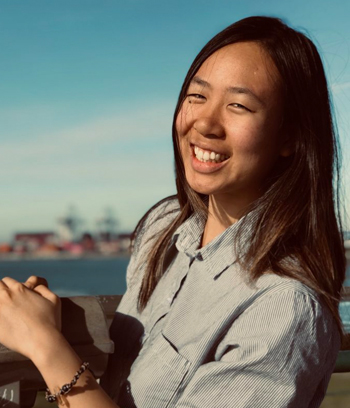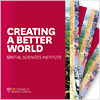I am an Urban Planning and Spatial Sciences student with an interest in community engagement, equity-driven growth and accessibility to sustainable alternative transportation methods. I consider myself a public servant leader and an advocate for building healthy and physically active communities. I worked as a research fellow at the Transportation Research and Education Center (TREC) with Portland State University, where I studied scooter-parking trends in the city's second electric scooter pilot program. I also conducted research with The Spatial Sciences Institute, where I worked extensively with ArcGIS Pro to identify locations for various pilot Superblock projects in the City of Los Angeles. Our research poster highlighted the framework we used to identify the least habitable areas of the city based on population density, median household income, parking, walk-ability and air quality. Our research poster won second place in Communicating Science Spatially category at the 2019 Esri User Conference Map Gallery.
My professional and research interests are in active-transportation planning, community advocacy and spatial sciences. These interests were reinforced during my internship at Public Matters, where I co-taught workshops on multi-modal types of transportation to a class of juniors at Esteban E. Torres High School and helped them to design multi-modal tours emphasizing East Los Angeles’ cultural heritage. The students would then carry out these tours at the Los Angeles Department of Public Works and were encouraged to participate in the planning process. Many students were able to identify problematic areas within their communities where transportation infrastructure was unsafe or deteriorating; others noticed cultural hubs that could help inform future improvement projects such as bike-share installations. This project at Public Matters validated my commitment to inclusive urban planning and community advocacy. I am passionate about promoting active-transportation programs and ensuring historically disadvantaged communities fully share in the benefits from public projects.
All urban issues have spatial and geographic components. The Spatial Studies program equips me with the robust technical foundation needed to analyze and synthesize large-scale data. These software and hardware skills make it possible to produce informative maps and collaborate with experts and leaders from various industries to make data-driven recommendations.
After graduation, I would like to join a public agency and contribute in the advancement of active transportation of our metropolitan areas.





